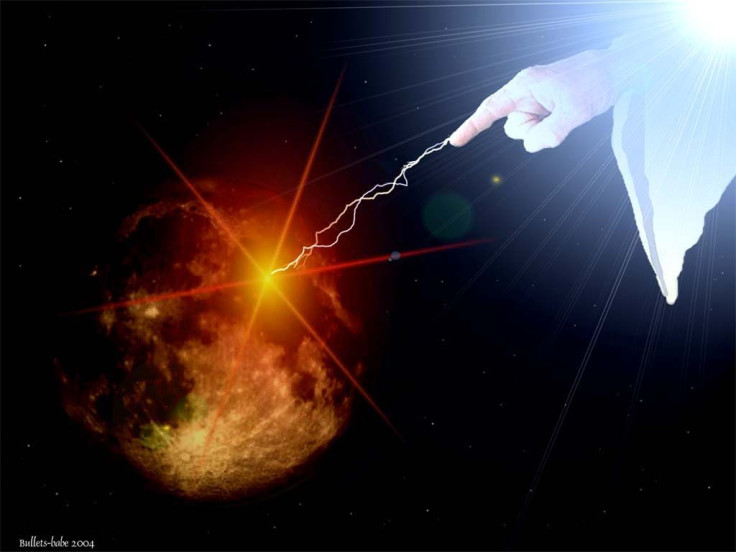62% Of Americans Believe God Guided Evolution Of Life On Earth

A solid majority of Americans — 62 percent — believe the evolution of life on earth was guided by a heavenly Father.
Thirty-seven percent of survey respondents believe God created humans in their present form within the past 10,000 years, roughly the time since the Agricultural Revolution, while one in four believe God managed the process of evolution over a longer period of time, millions — not billions — of years. Only 21 percent of survey respondents believe that evolution occurred without any oversight from a Creator, however one defines "intelligent design."
Interestingly, 17 percent of Americans said they believed in God but were unsure whether He played a role in creating humans.
The London-based market research firm YouGov conducted an online survey of 1,000 Americans on July 8-9, finding a stratifying trend in U.S. public opinion on God.
A greater plurality of Americans support teaching creationism — the mythology based on the Old Testament's Genesis — in schools than are opposed to such teachings. In fact, 40 percent of Americans believe that intelligent design, a pseudoscientific variation on the creationism, should be taught to schoolchildren. However, the percentage of Americans who believe God played no role in human evolution rose eight percentage points in just a decade, from 13 percent in 2004 to 21 percent in July.
A slightly higher percentage of 29 percent said creationism should not be taught in U.S. schools.
Intelligent Design Vs. Evolutionary Biology
A few weeks before the survey, Ball State University, a public institution designated a "high research activity university" by the Carnegie Classification of Institutions of Higher Education, announced the hiring of an astronomy lecturer known as a proponent of intelligent design.
University president Jo Ann Gora approved the hiring of Guillermo Gonzalez as an assistant professor of physics and astronomy following an investigation into a complaint that another lecturer in the same department, Eric Hedin, had promoted the controversial theory in a science class.
The National Academy of Sciences (NAS), established in the mid-19th century to advise the government on matters of science, remains critical of the teaching of intelligent design, which holds that a Creator guided the process of evolution.
"Echoing theological arguments that predate the theory of evolution," intelligent design supporters "contend that biological organisms must be designed in the same way that a mousetrap or a clock is designed," the NAS says.
Jerry Coyne, an evolutionary biologist at the University of Chicago, criticized the hiring in an interview with The Star Press earlier this month.
"Do you see any pattern here?" Coyne said. "I'm wondering... why Ball State's physics and astronomy department has a penchant for [intelligent design] people."
Coyne said the university should not mix science and religion.



























